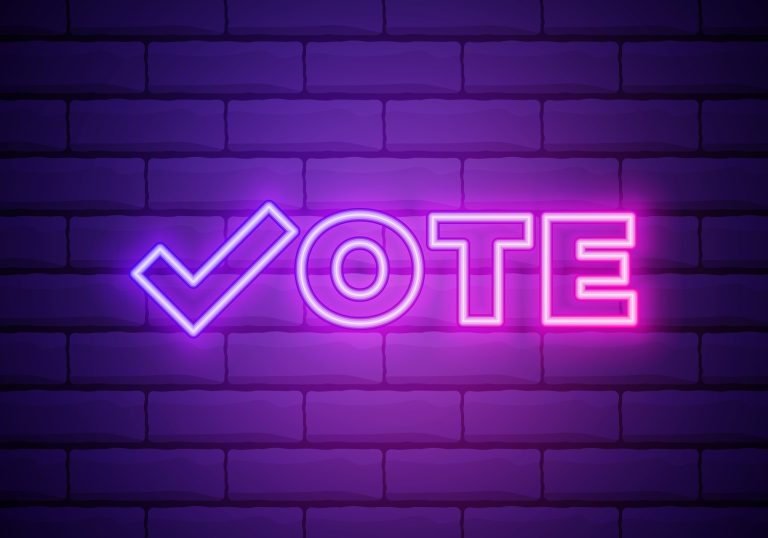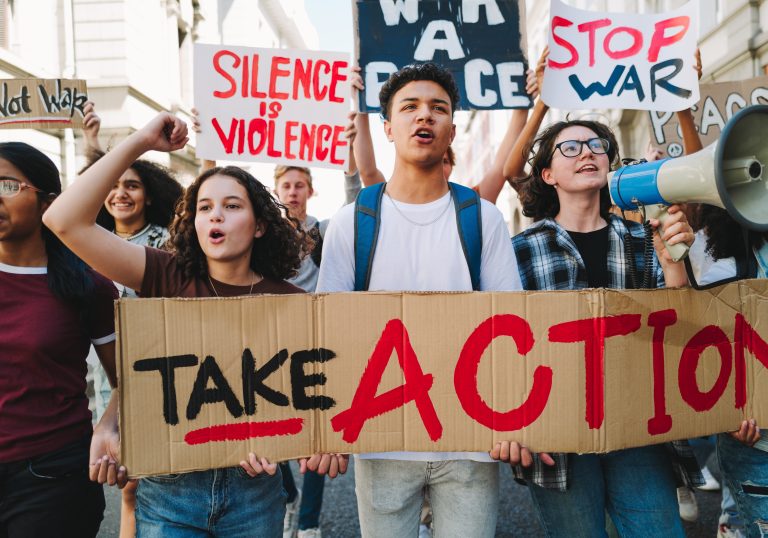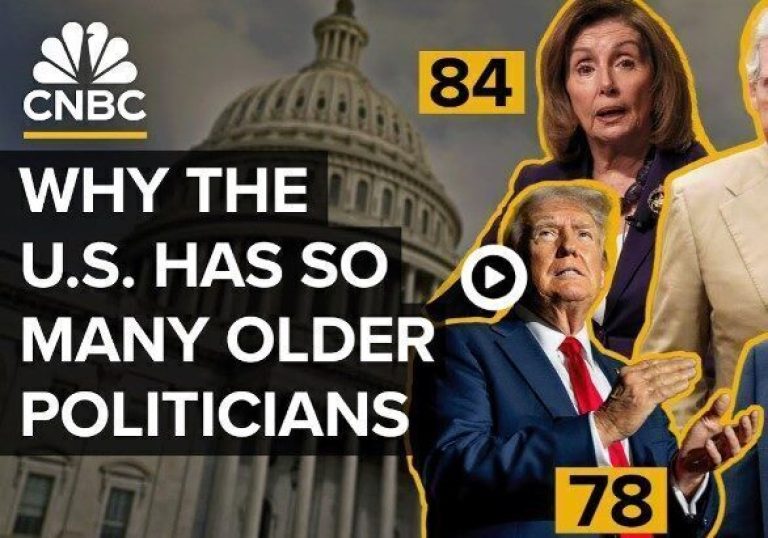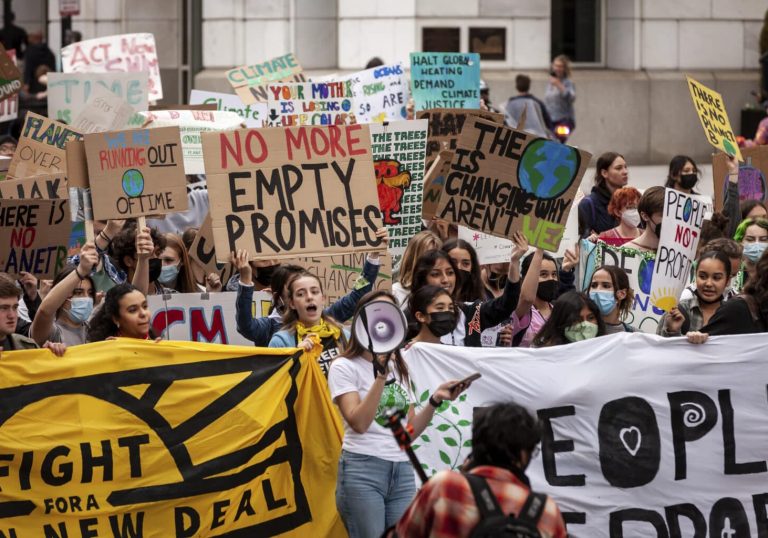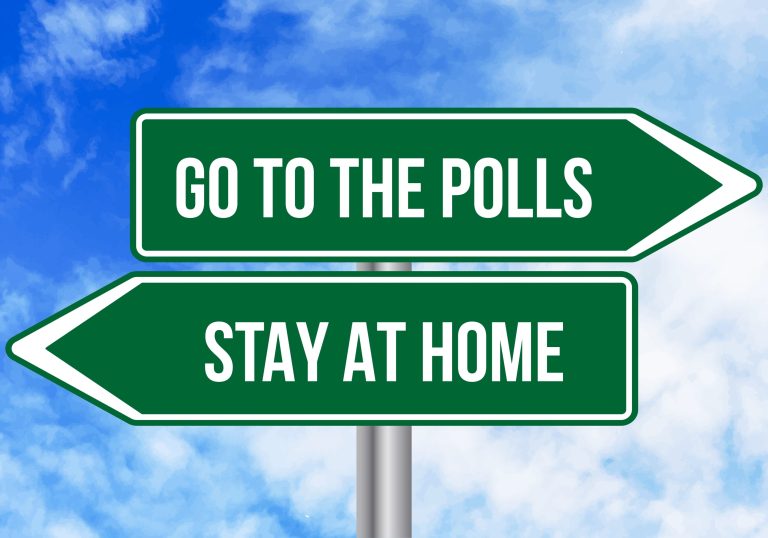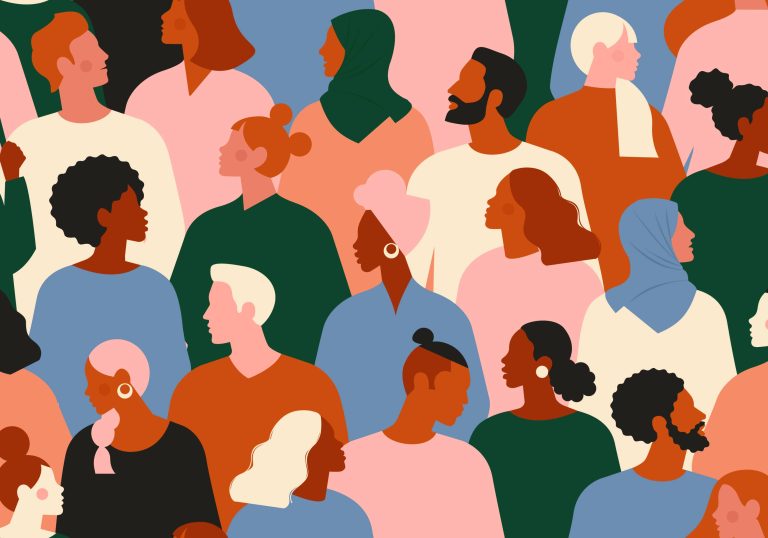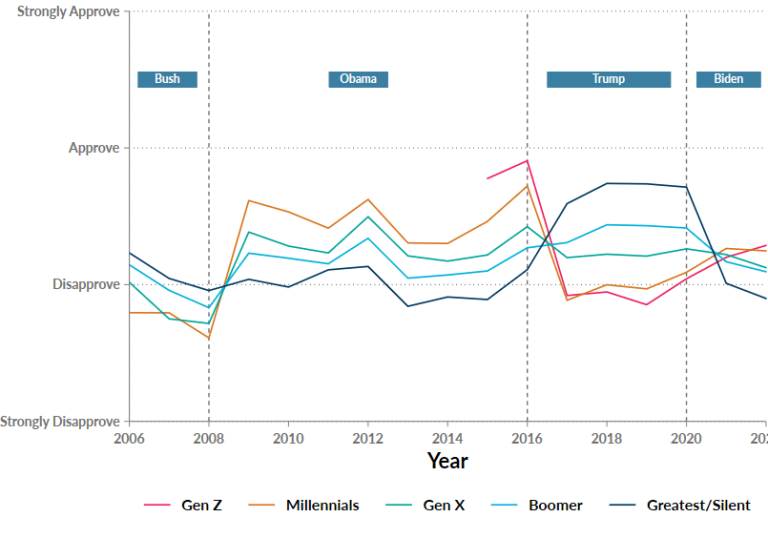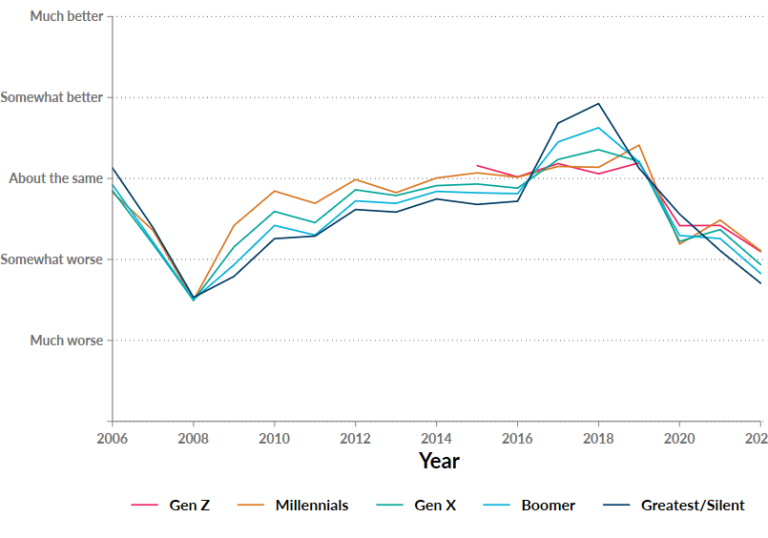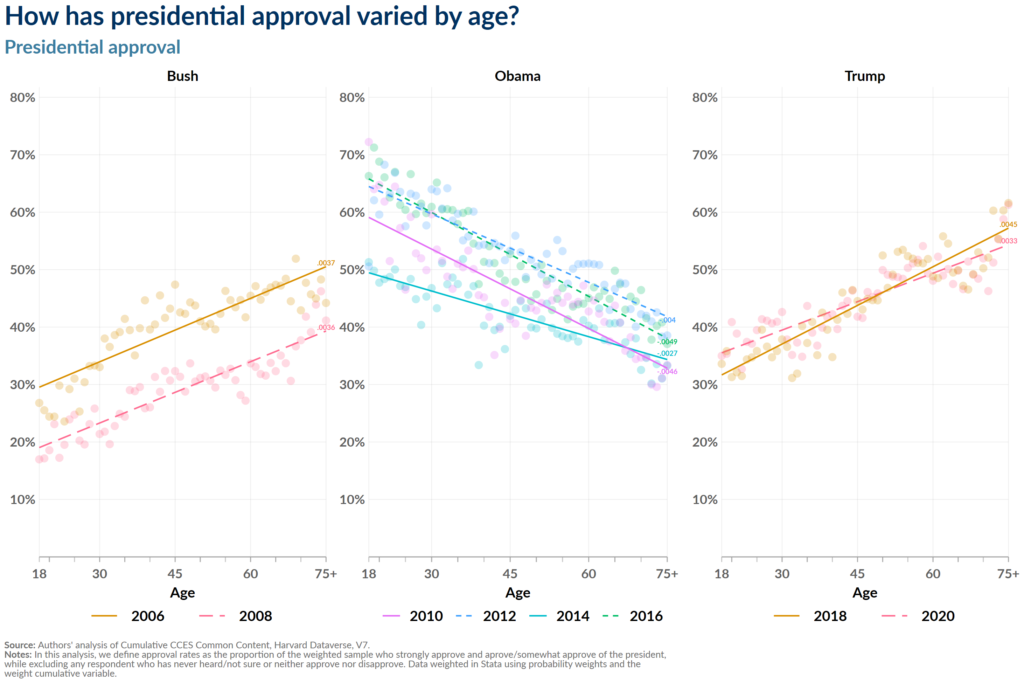
Presidential approval varies considerably across age groups, which is in large part driven by the persistent and growing generational divide in party affiliation. Over the previous three administrations, younger voters have had lower approval ratings for Republican presidents and higher approval ratings for Democratic presidents compared to older voters.
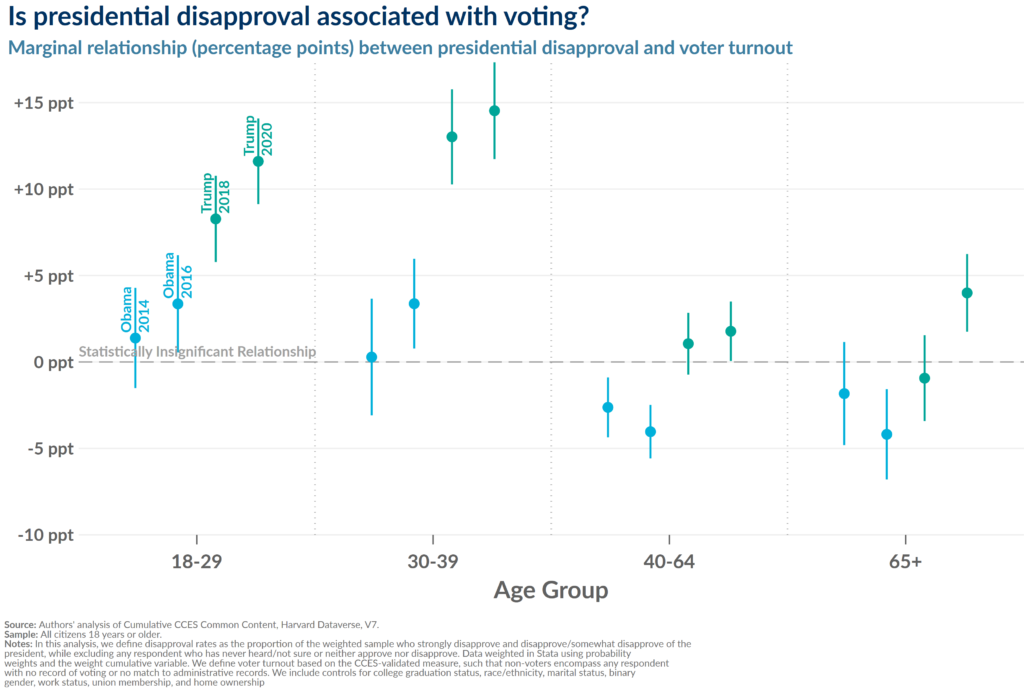
Presidential approval may matter when it comes to voter turnout across the age spectrum. There’s still a lot we don’t know about why young people vote (or don’t) and many of the usual explanations that predict voter turnout for other age groups, don’t seem to play a large role for young people (A 2020 BIFYA report found that union membership, homeownership, and being employed matter for middle-aged voters, but not for young people.) However, presidential disapproval does seem to be a significant factor for young people. As shown above, disapproval of President Trump in 2018 and 2020 was significantly correlated with higher rates of voting among 18 to 29 year-olds and 30 to 39 year-olds. Interestingly, while disapproval of President Trump was not significantly correlated with higher turnout among the 65+ population in 2018, by 2020 disapproval of President Trump was correlated with about a 4 percentage point increase in voter turnout among the 65+ population.
